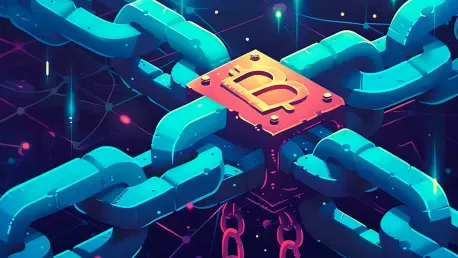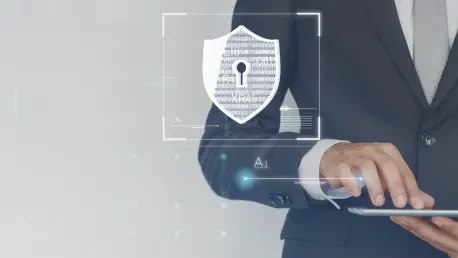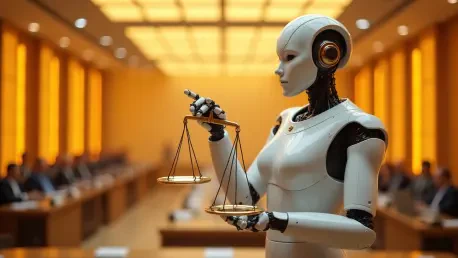
In a significant move poised to reshape the global cryptocurrency landscape, Vietnam has introduced a comprehensive law to clearly define and categorize crypto assets. The legislation aims to resolve ongoing challenges faced by regulatory bodies around the world, such as the U.S. Securities and

In the dynamic world of fashion, where trends shift with remarkable speed, protecting intellectual property becomes a crucial challenge. The legal struggle between designer Sonia Edwards and the well-known online retailer Boohoo offers a vivid illustration of these challenges. At the heart of this

In the evolving landscape of European Union regulations, a potential delay looms over the implementation of the AI Act, a comprehensive legislative framework designed to govern artificial intelligence. As these regulatory developments unfold, Atli Stannard emerges as a pivotal figure in assisting

As blockchain technology continues its transformative march across various industries, the demand for legal and regulatory expertise has surged, largely due to its unique combination of opportunities and complexities. This digital ledger technology, which underpins cryptocurrencies and smart

Understanding the landscape of digital subscription strategies offers a glimpse into a complex terrain that profoundly shapes how content is delivered and consumed. In today's digital world, services thrive on subscription models, enabling platforms to offer personalized experiences while balancing

Desiree Sainthrope, a leading expert in legal technology and global compliance, dives deep into innovations transforming the legal profession. With a focus on technologies like AI and comprehensive knowledge management solutions, she shares insightful perspectives on how these elements are